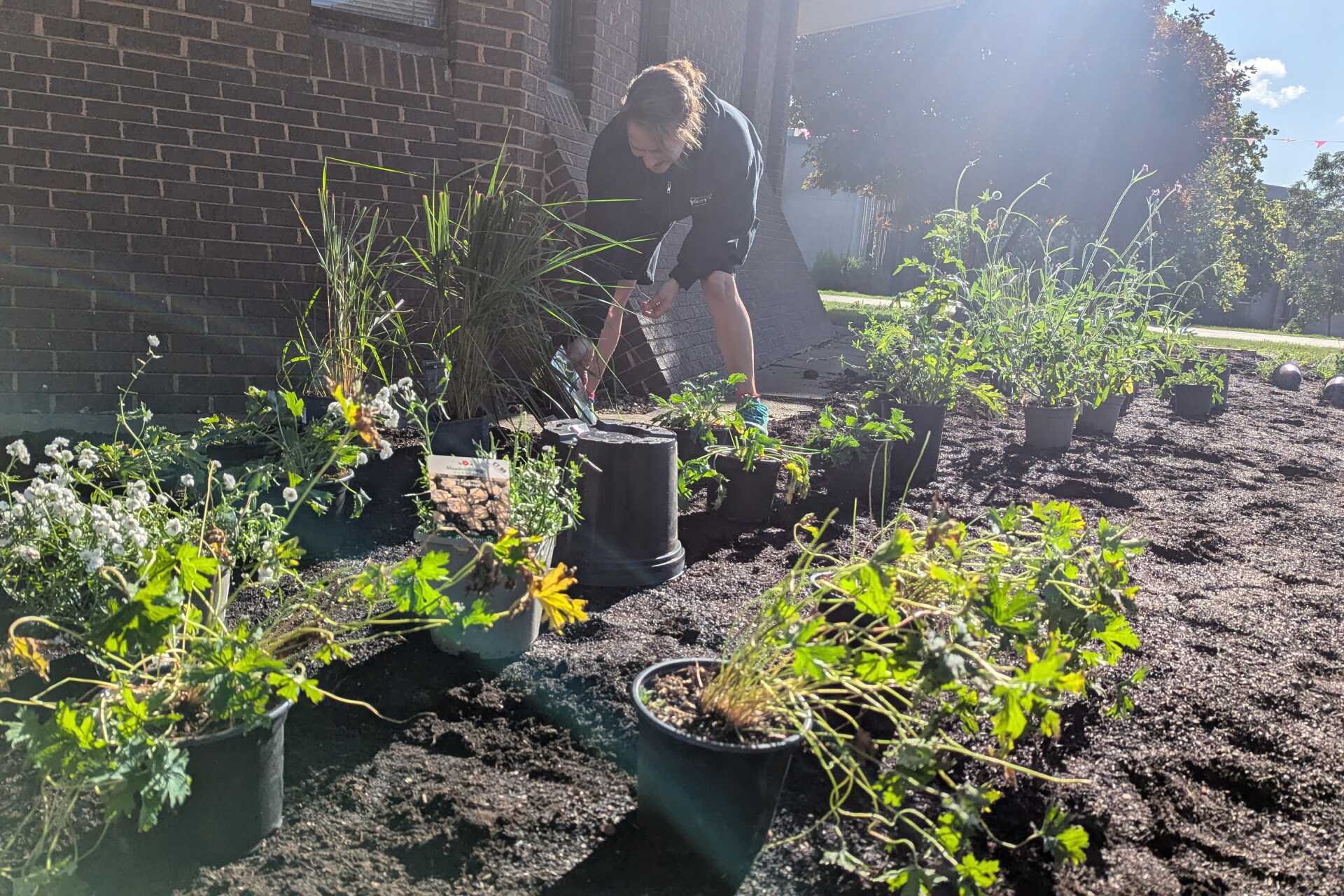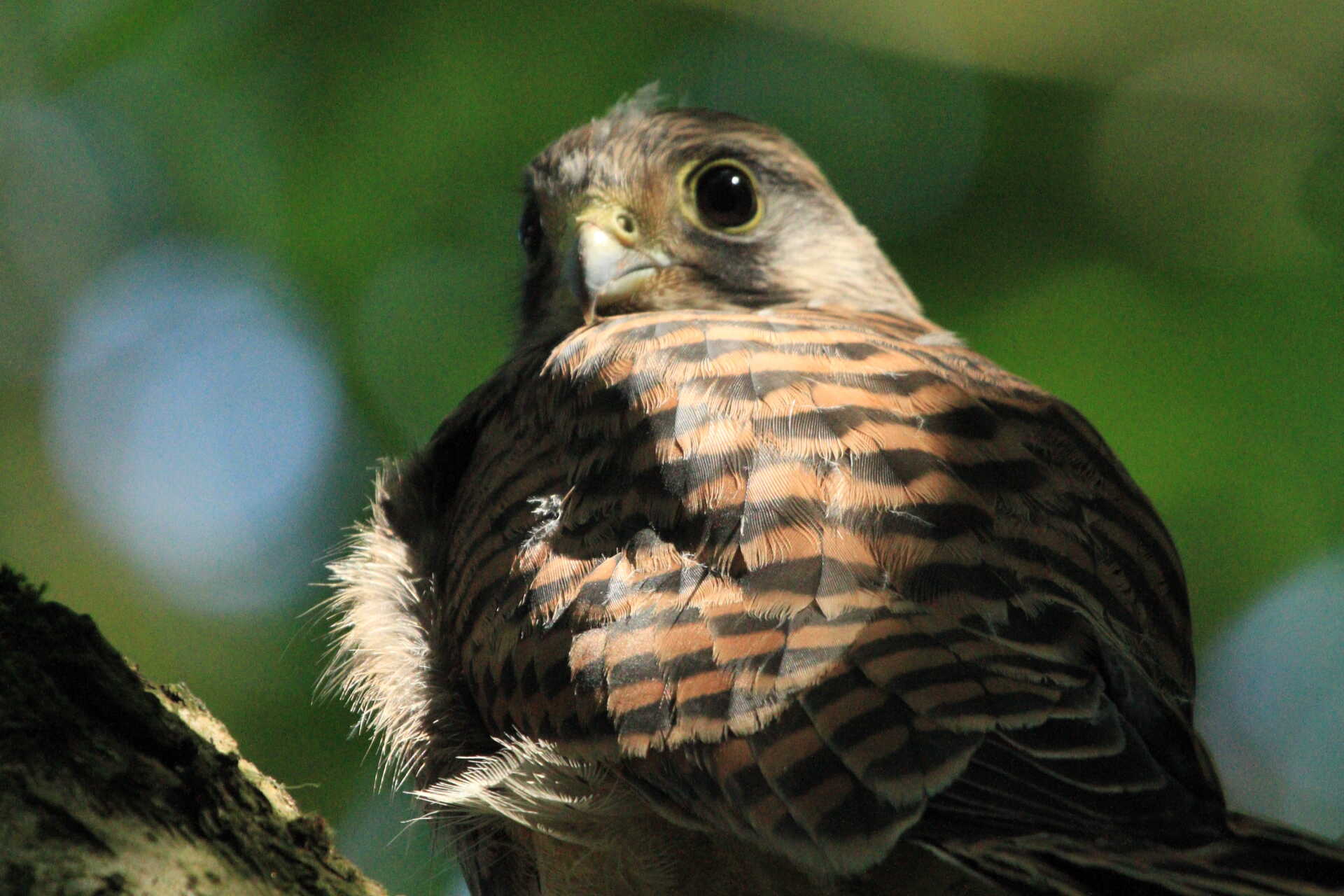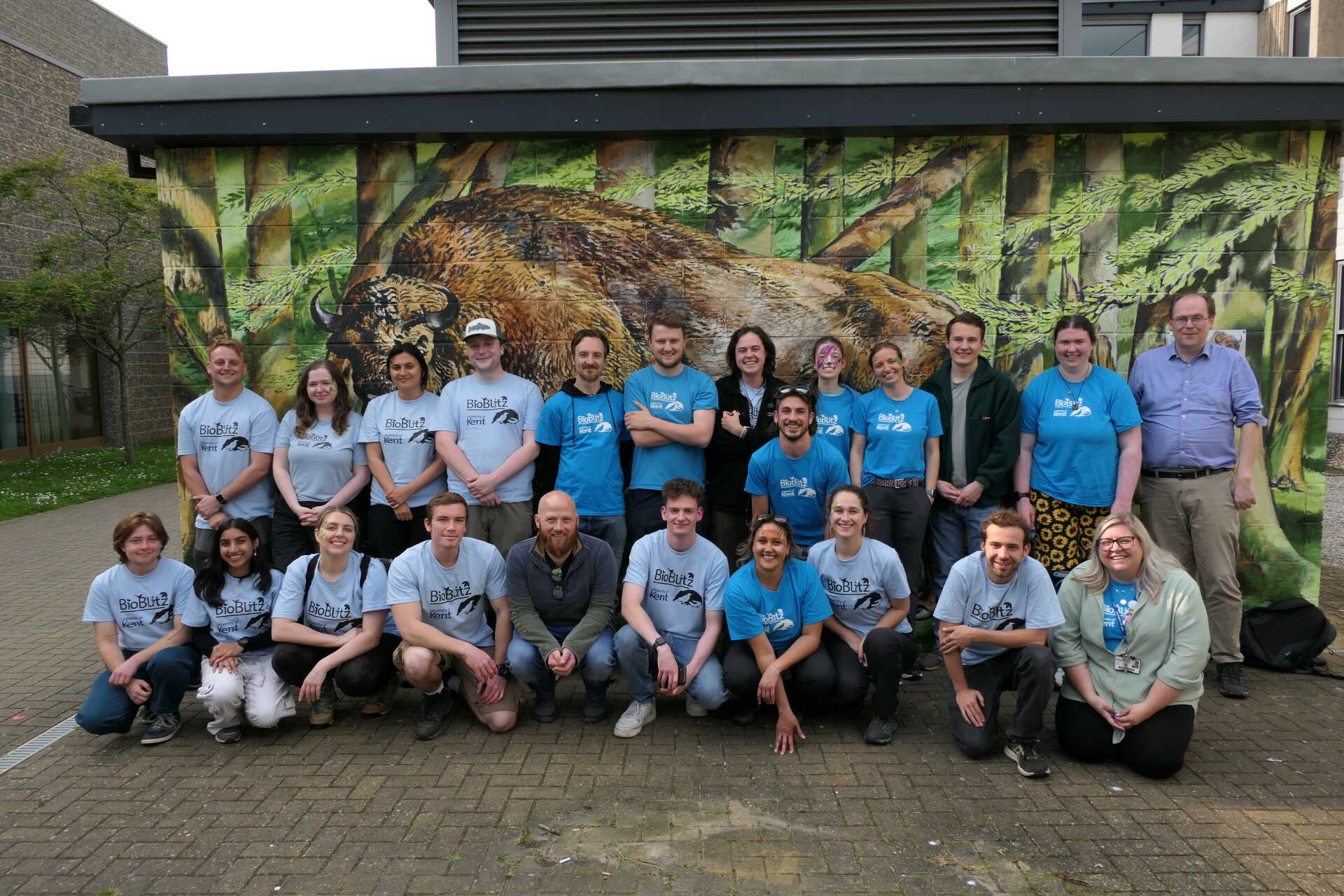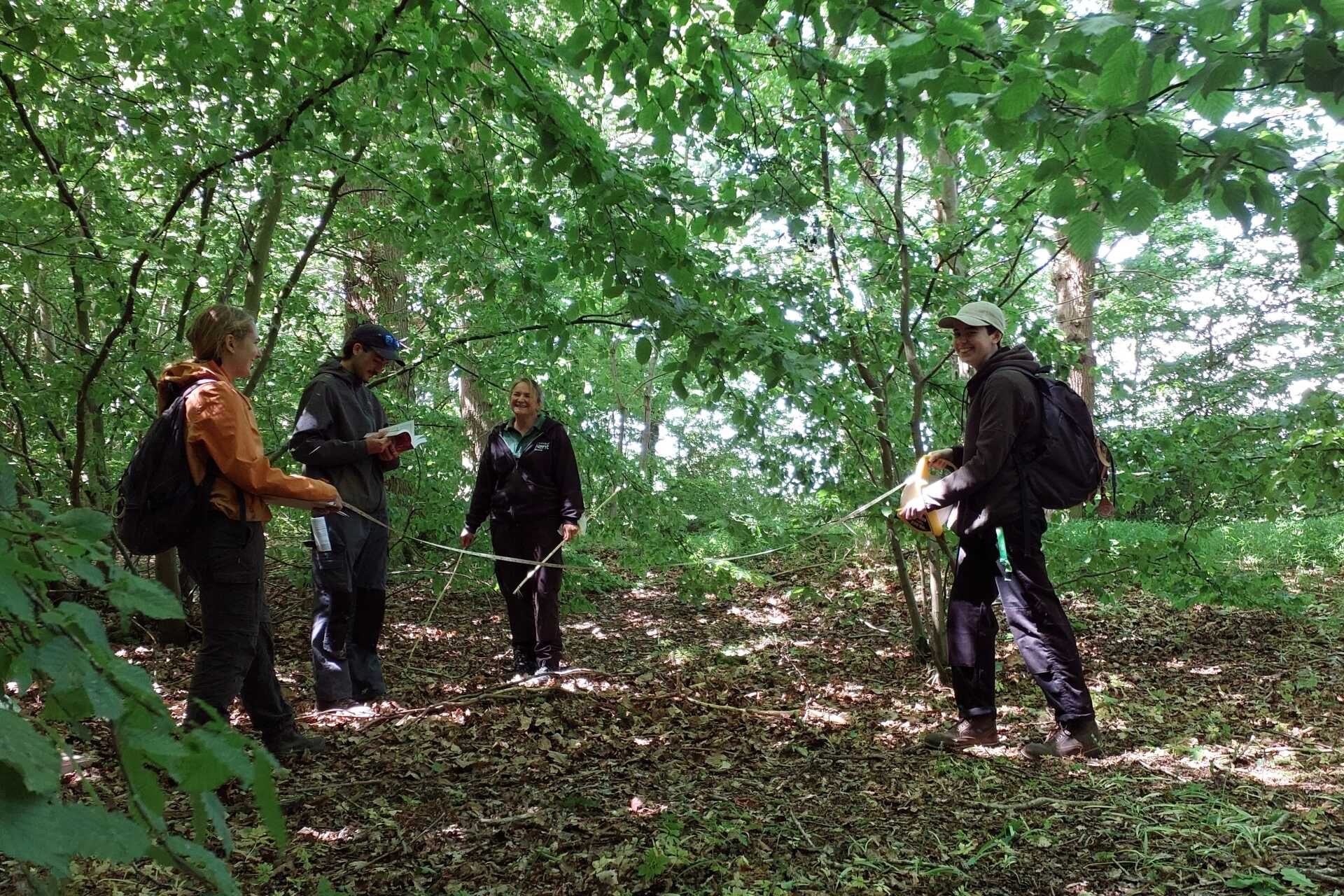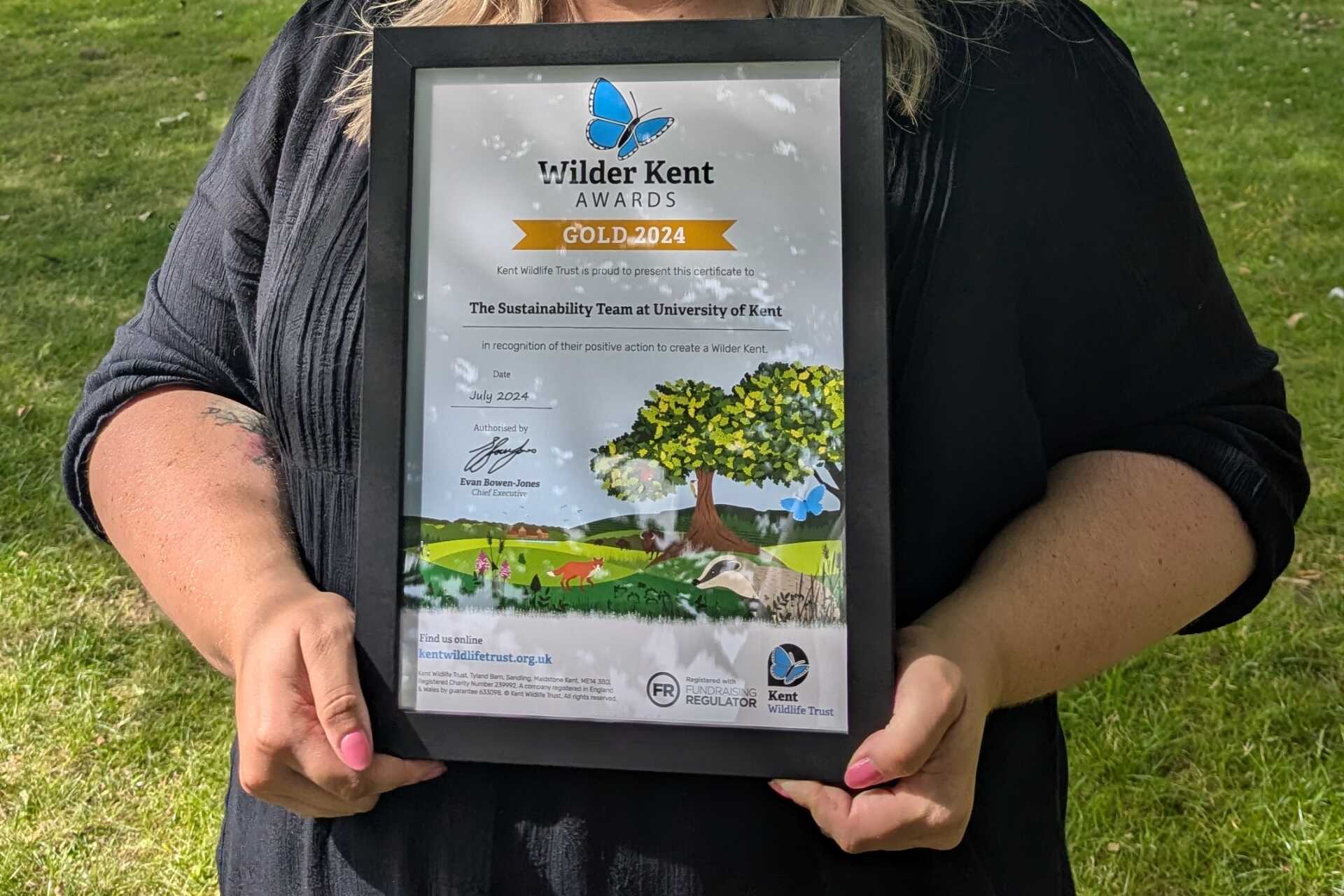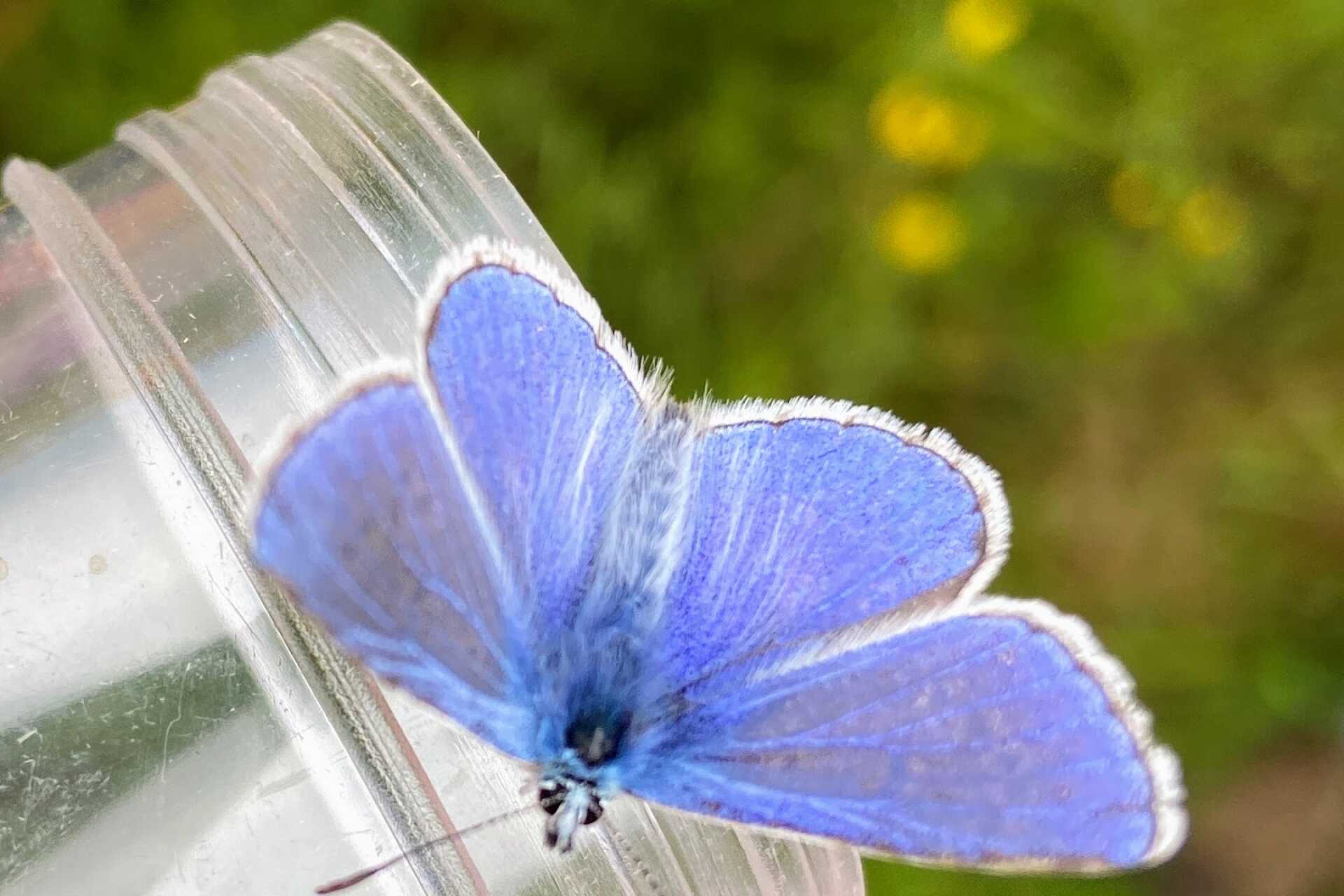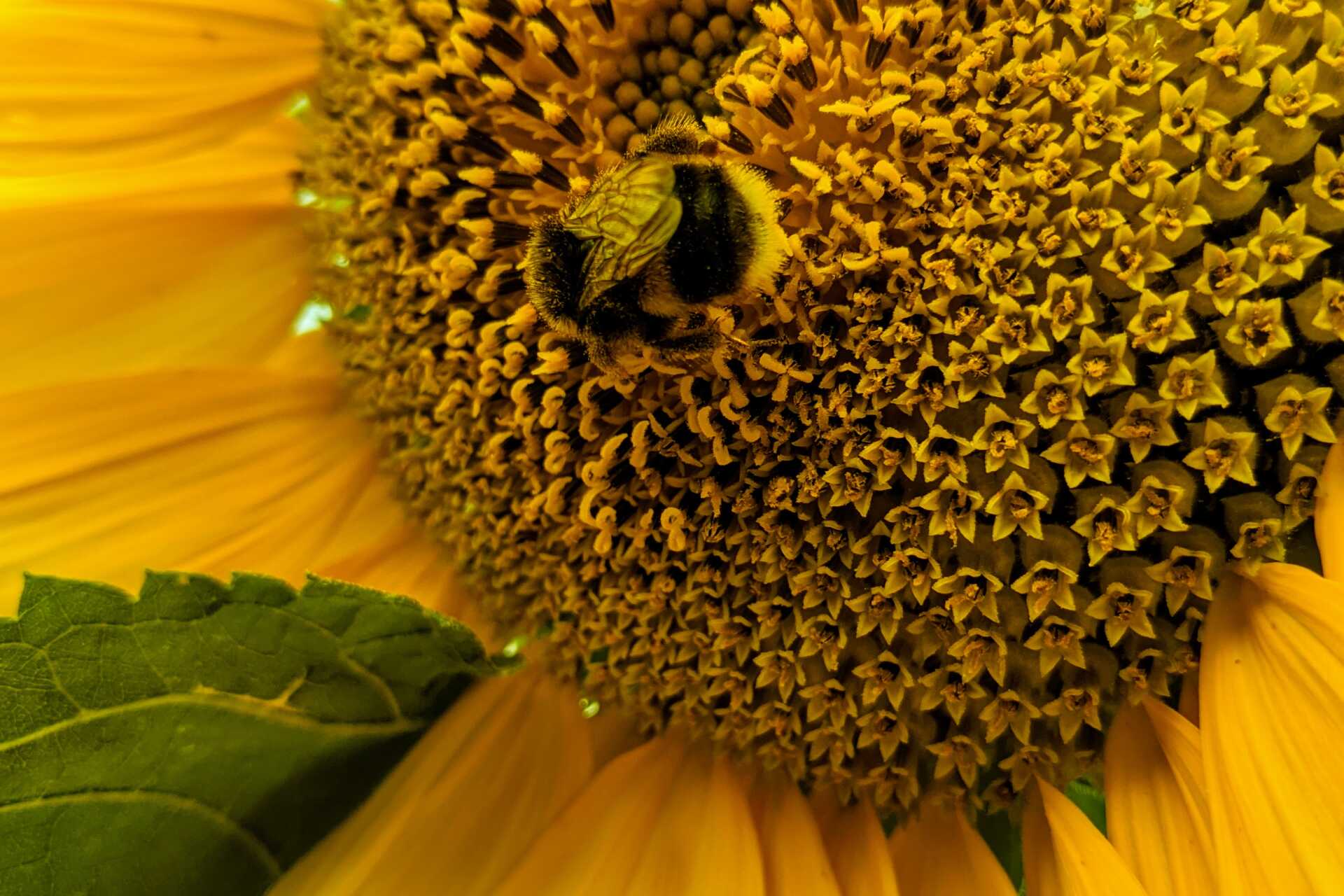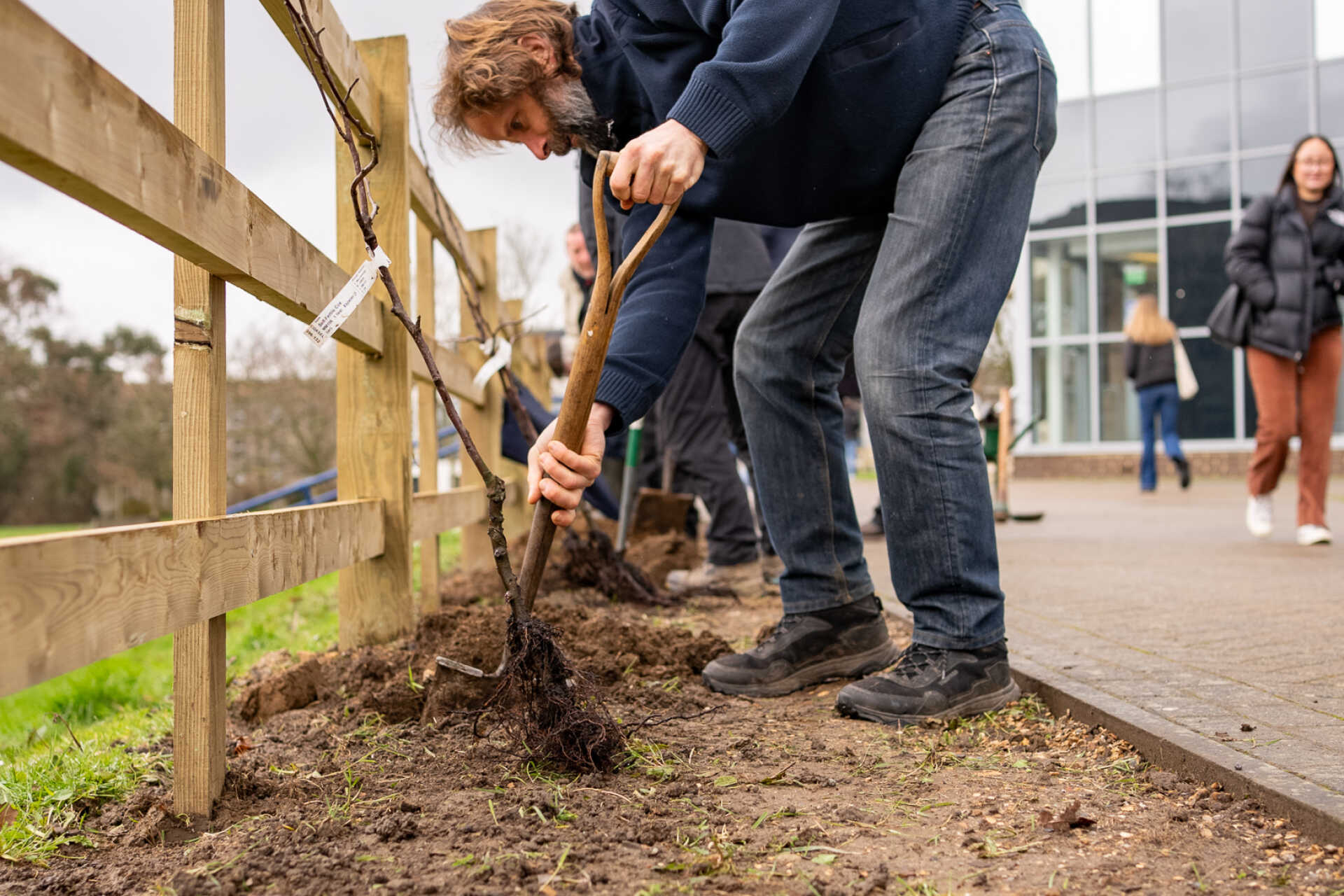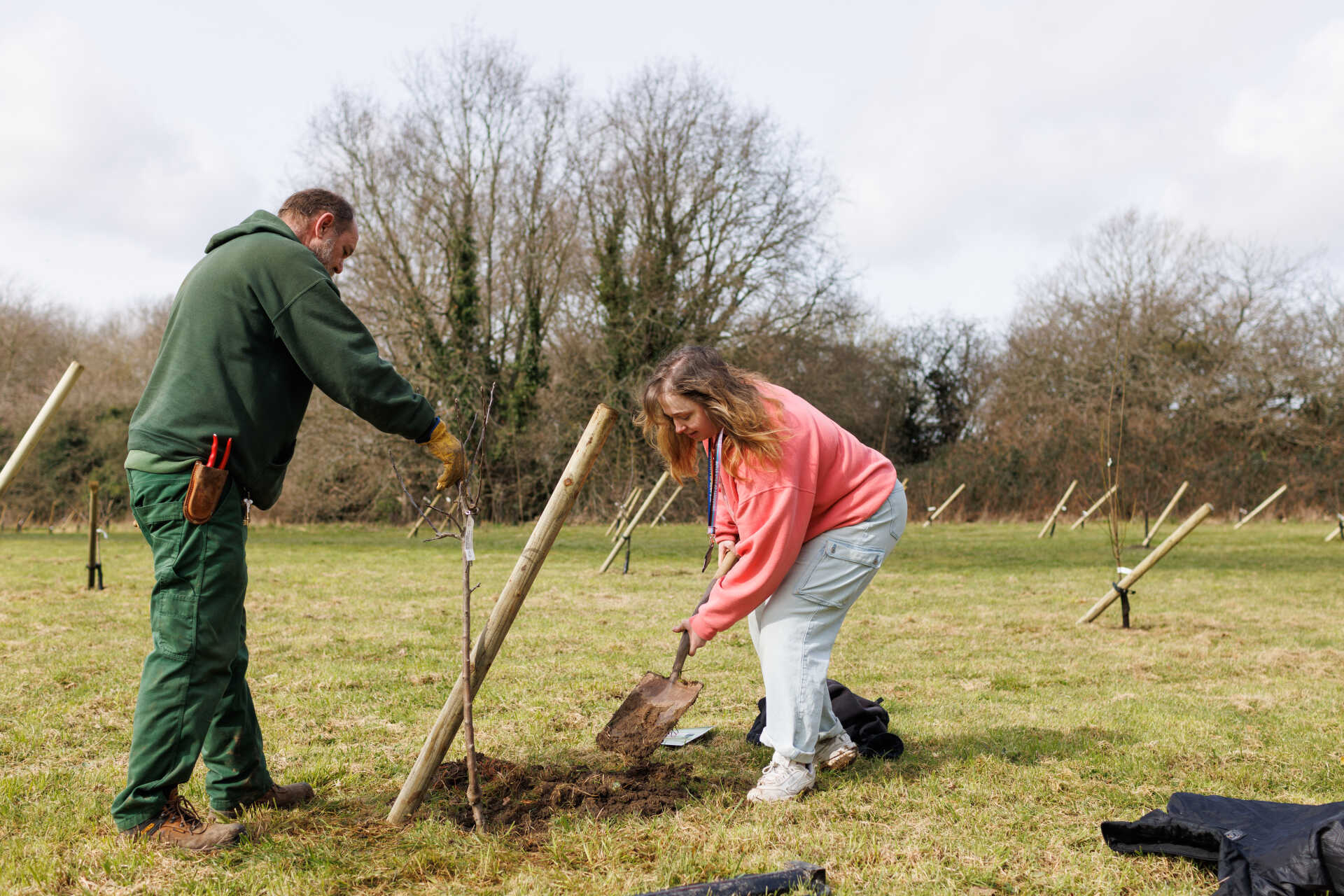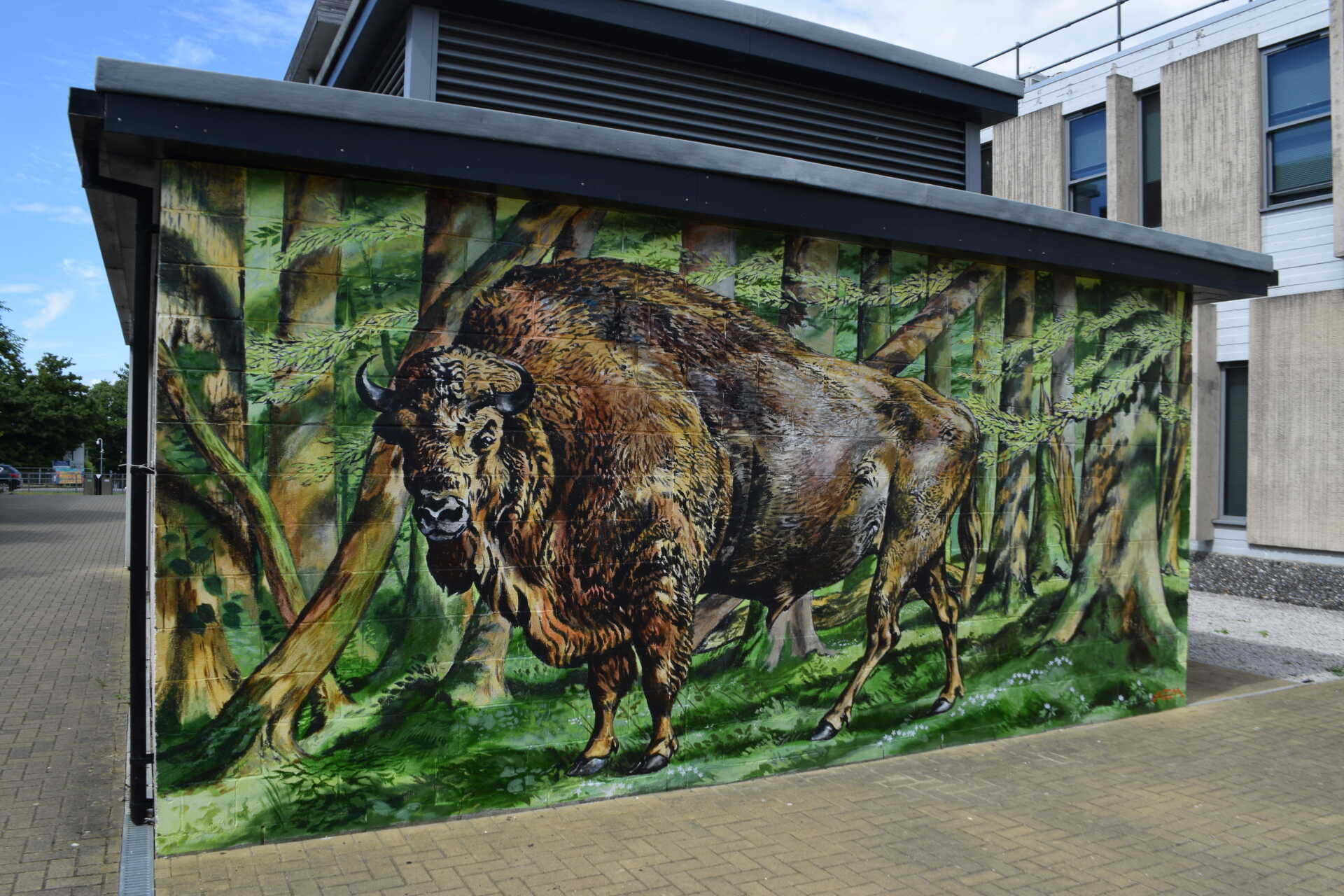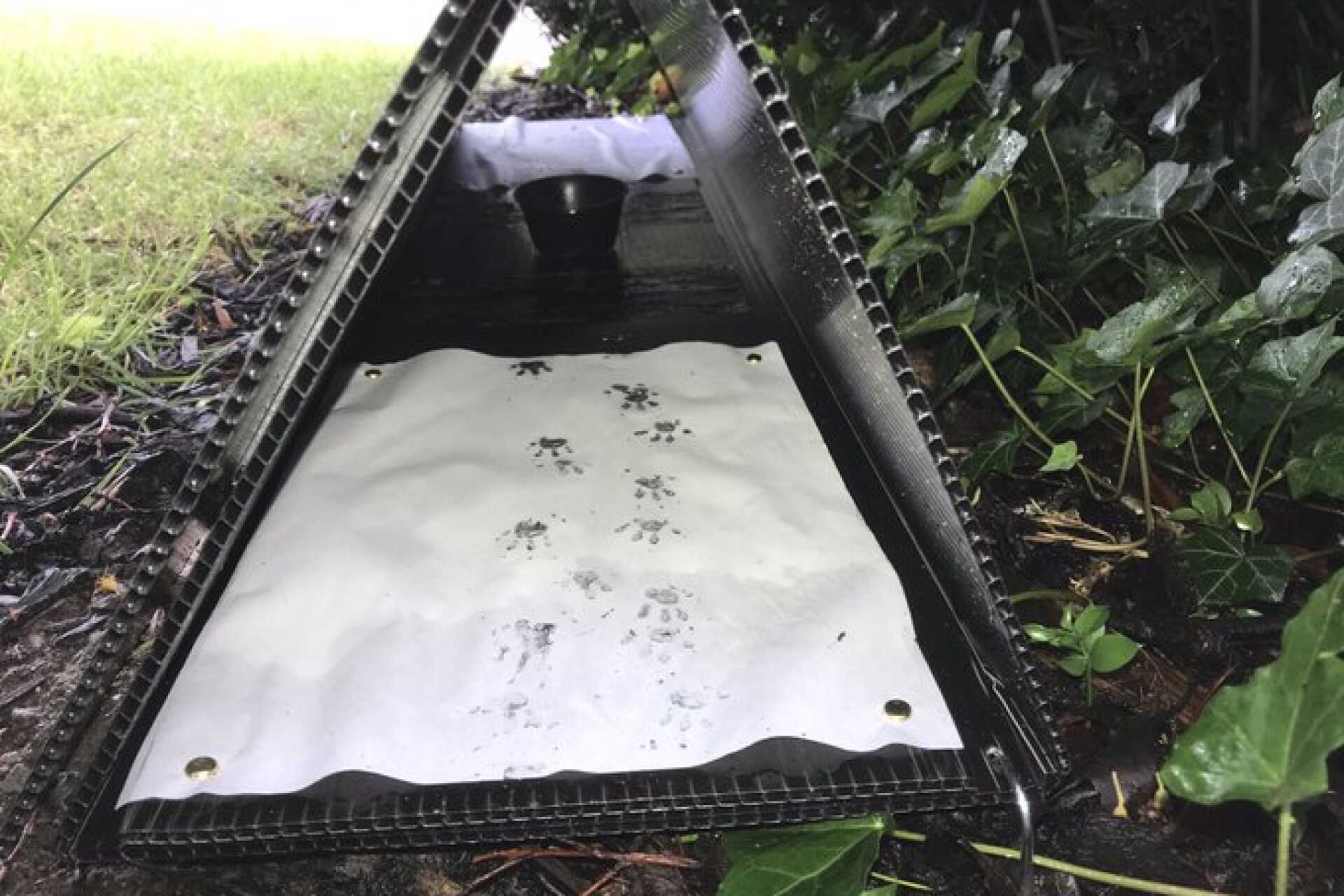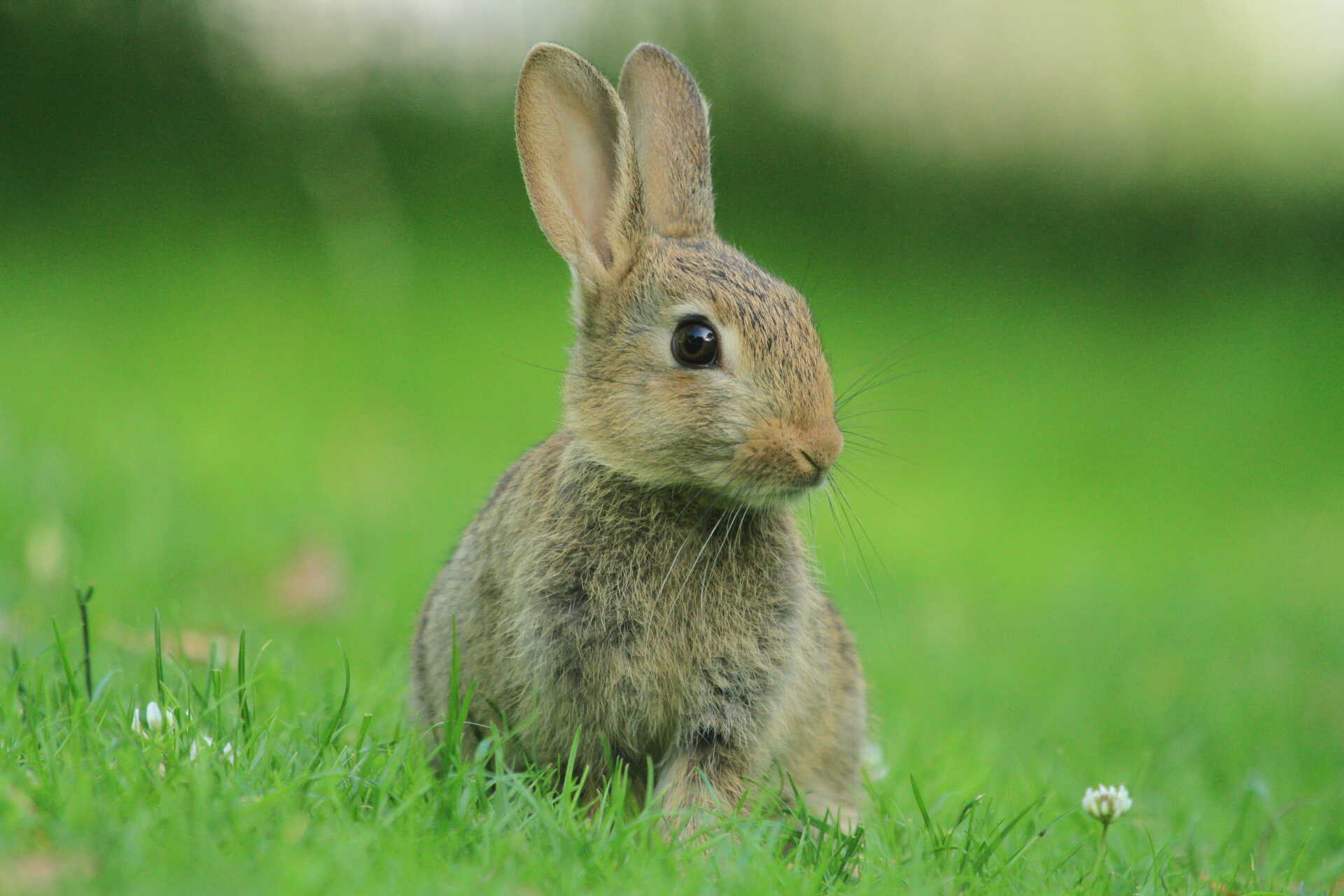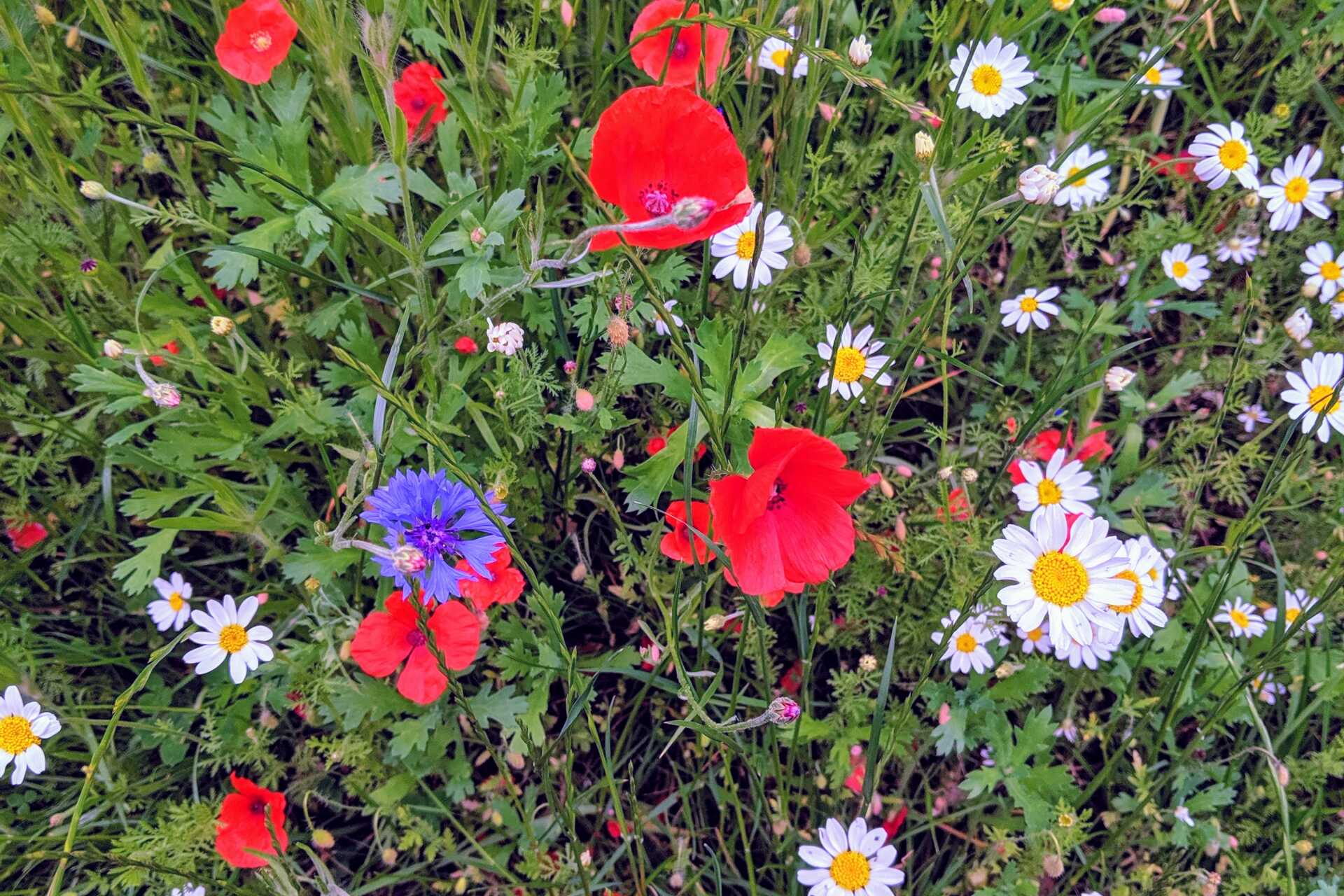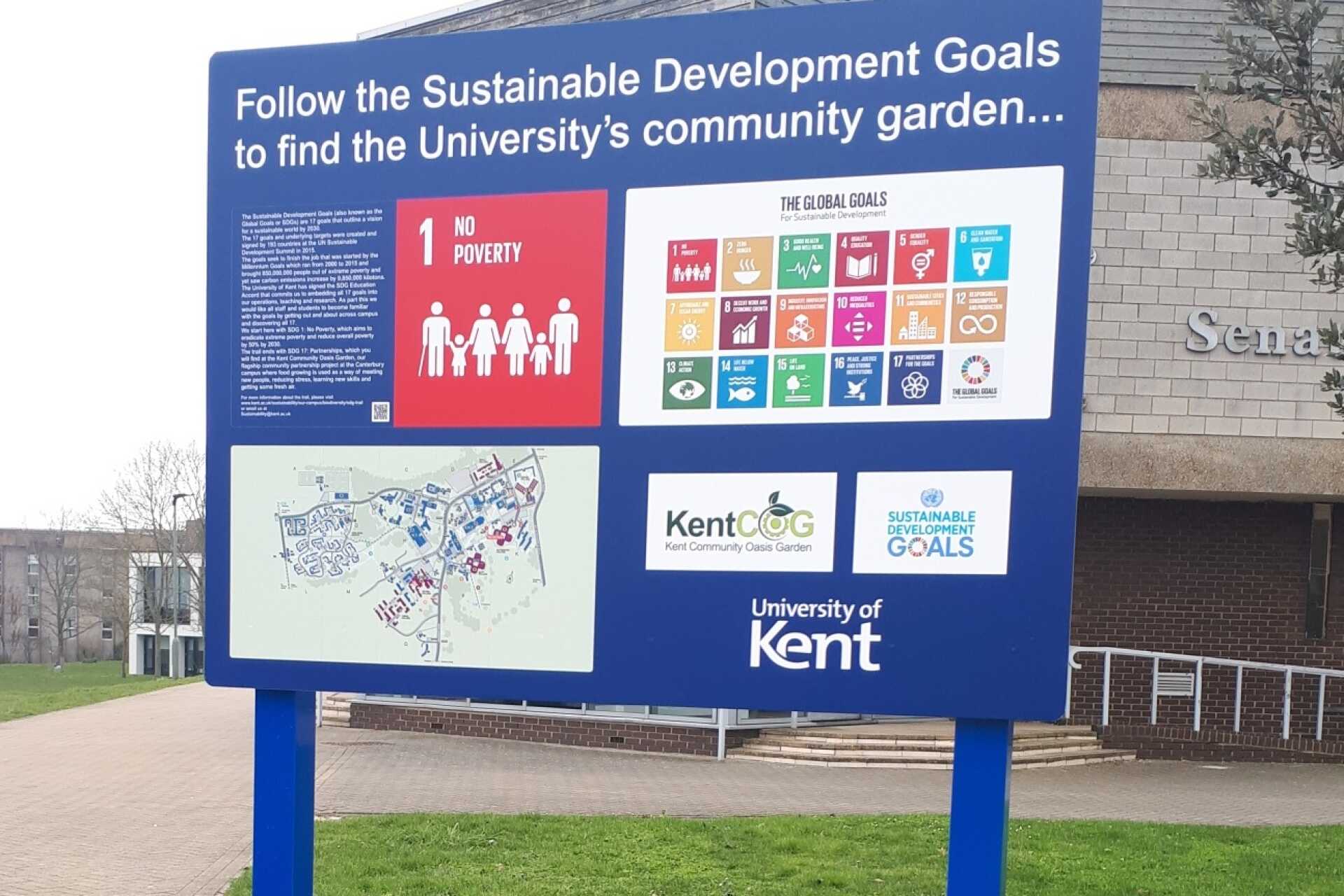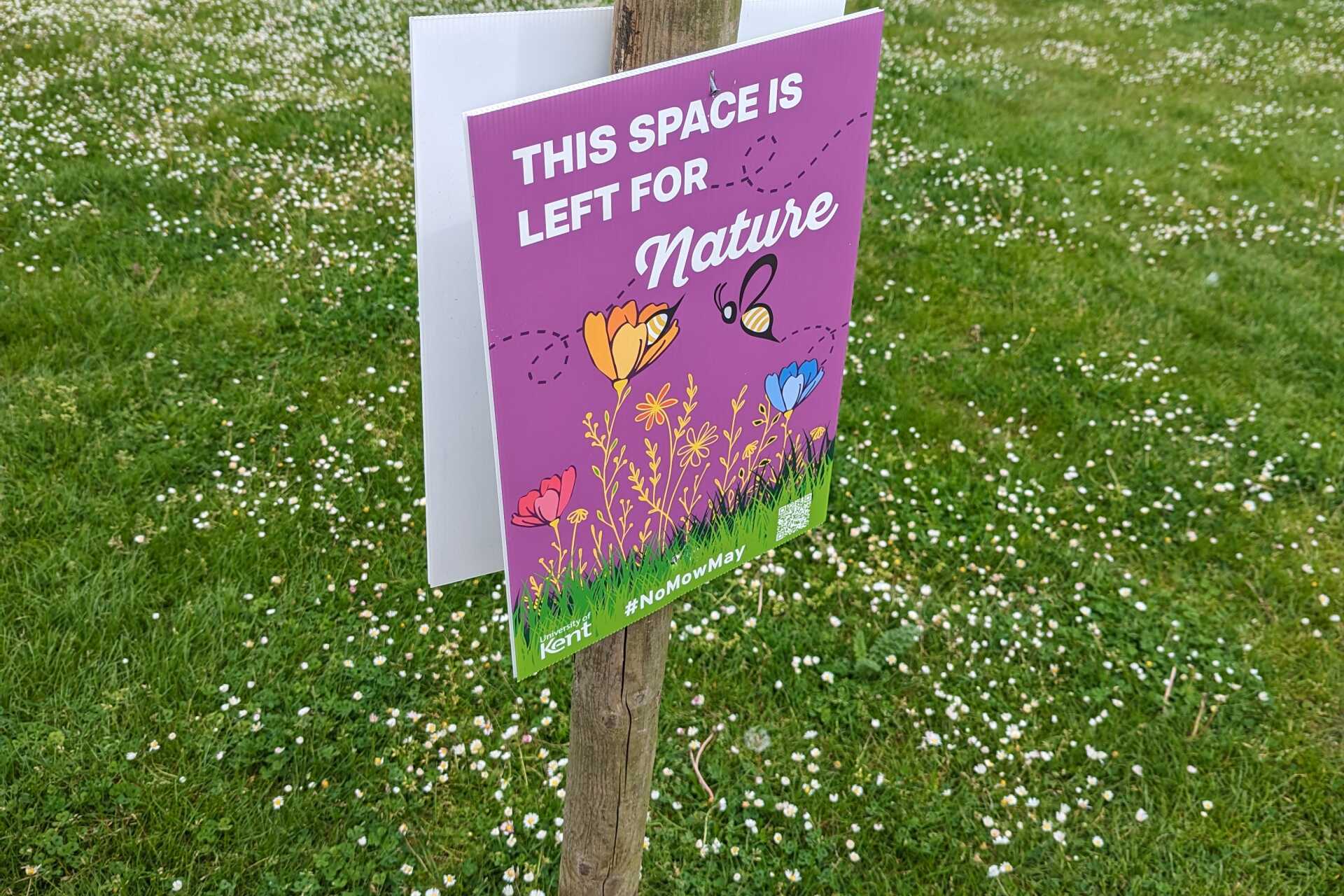Biodiversity
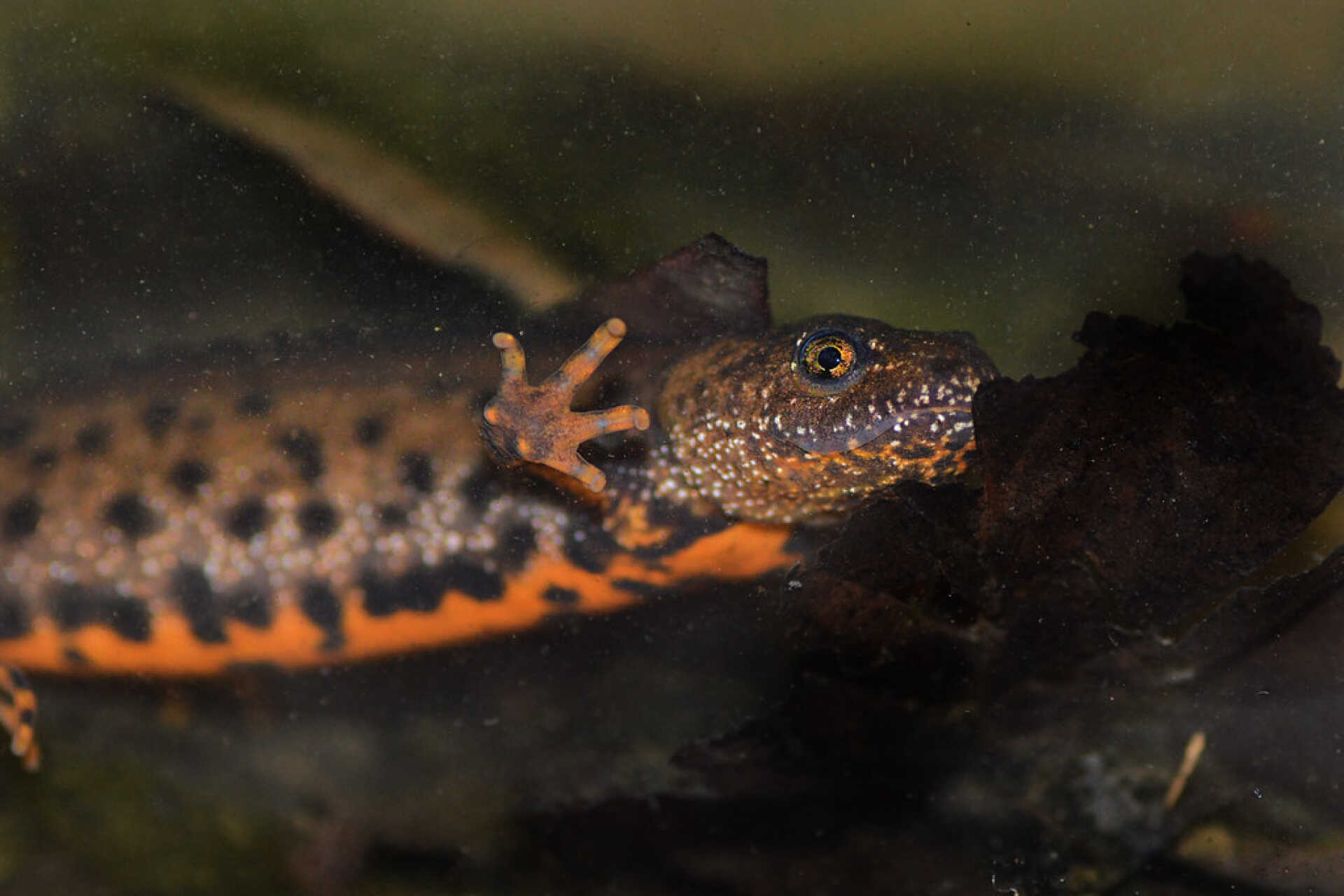
Learn about the teams, projects and actions that are supporting habitats and wildlife on our campuses.
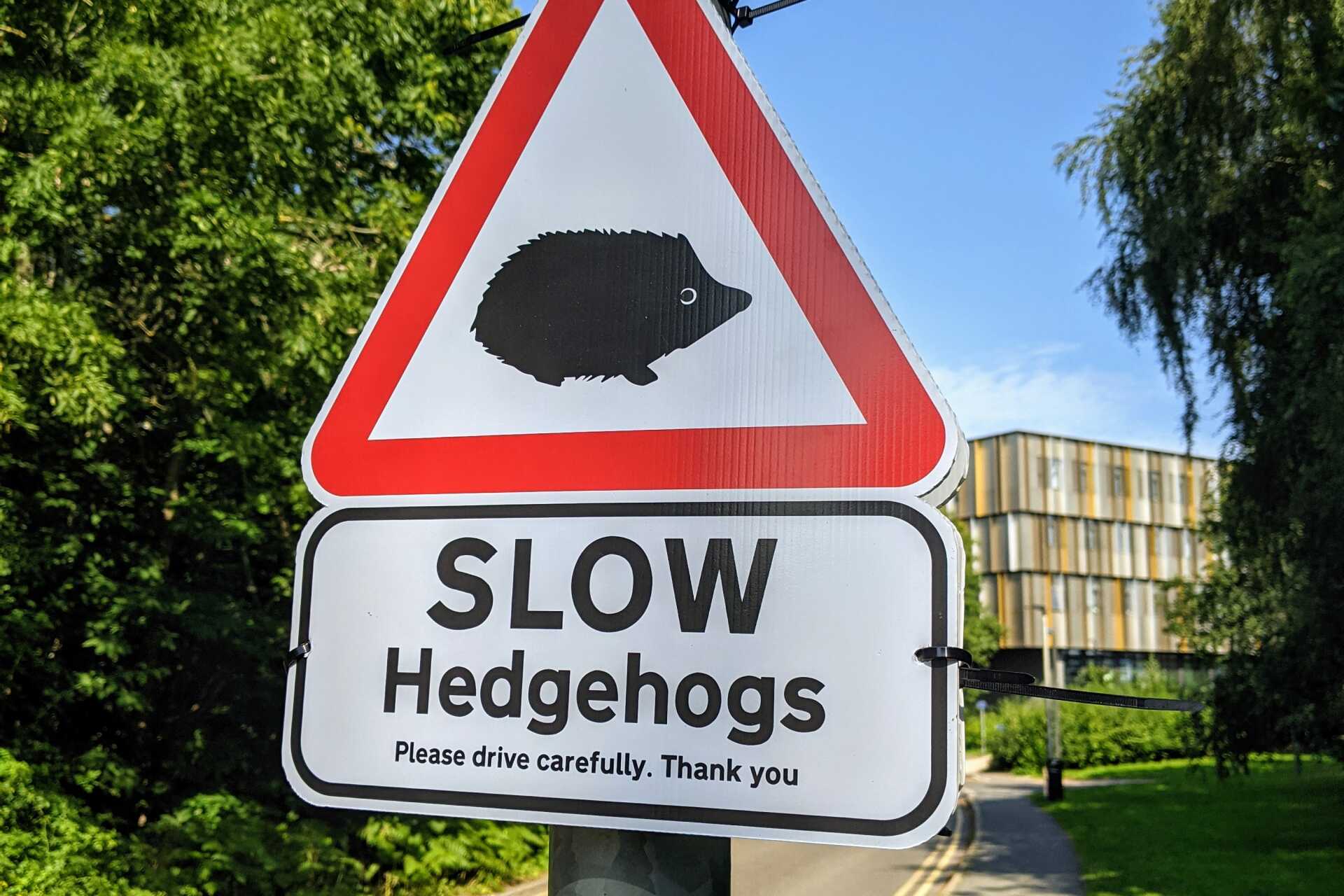
Our Commitment
Regenerate the ecology of
the campus to mitigate biodiversity loss & the decline in ecosystem
services. Support the use of natural spaces for education, engagement,
& wellbeing,
Reducing herbicides
We have removed the usage of Glyphosate from central campus as part of a two year trial to massively reduce our reliance on herbicides.
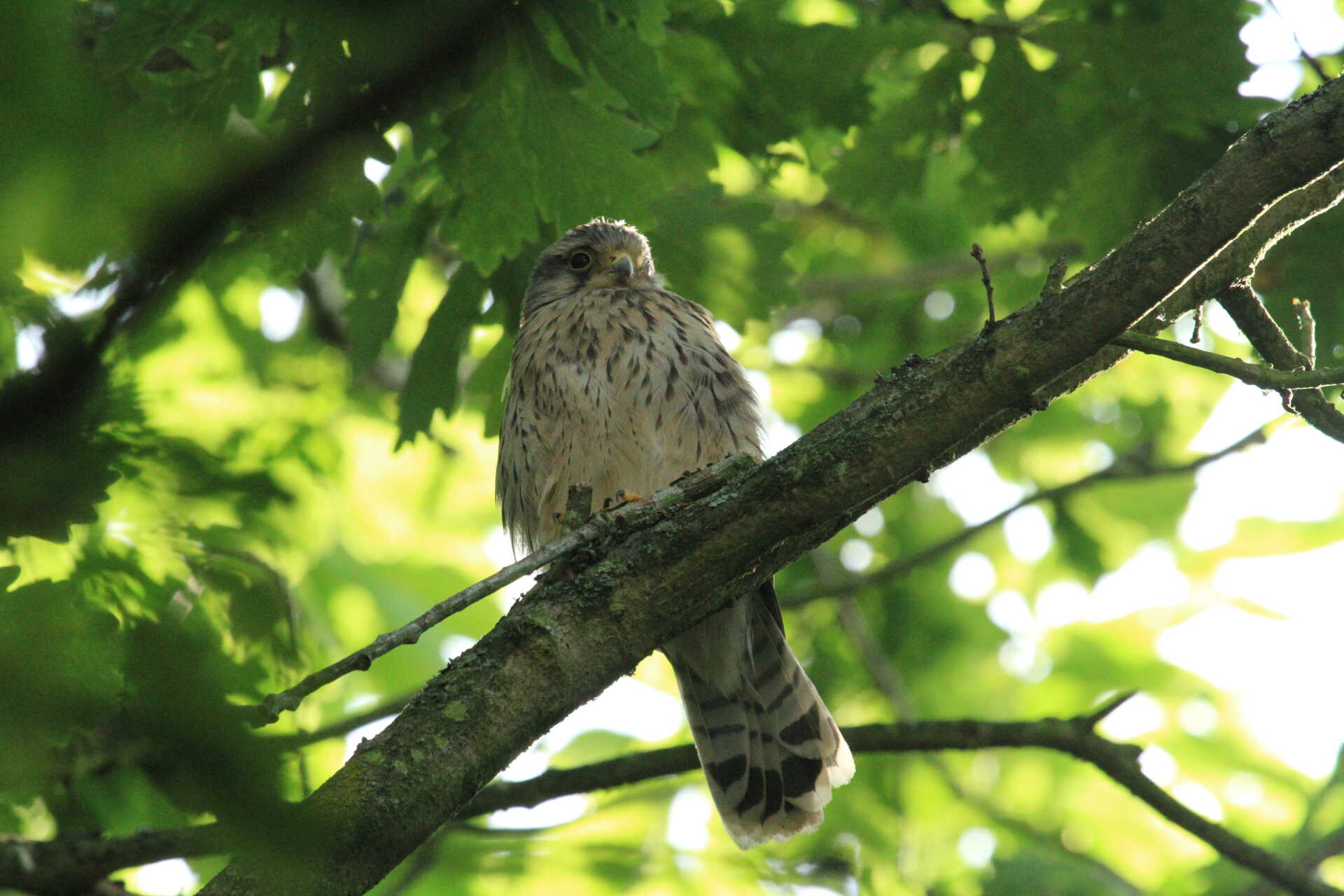
Woodland Management
We are lucky to have incredible ancient woodlands on campus. Here is our plan for managing it and supporting woodland biodiversity and resilience.
SDG Trail
There are a number of trails on campus for you to enjoy. Follow the Sustainable Development Goals trail posts or just see how much of the 300 acre campus you can explore!
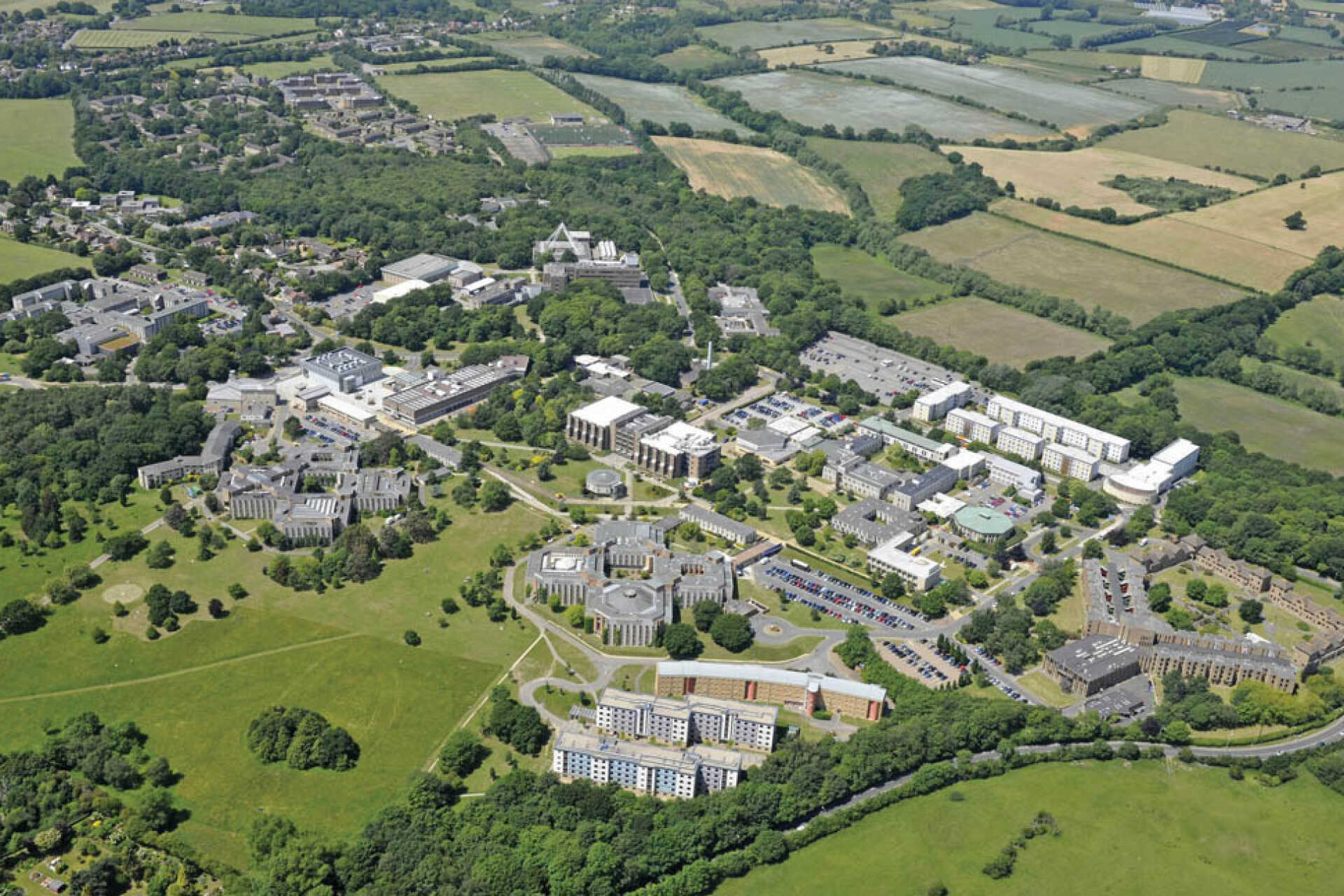
60 years of growth
The land use change from 3 farms to University campus, and future centred around nature, food and wellbeing.
Activities around campus
Study biodiversity and conservation with us
The University of Kent is home to a world-leading conservation research centre (DICE), and we are busy training the next generation of biodiversity conservation champions on our undergraduate and postgraduate conservation courses.
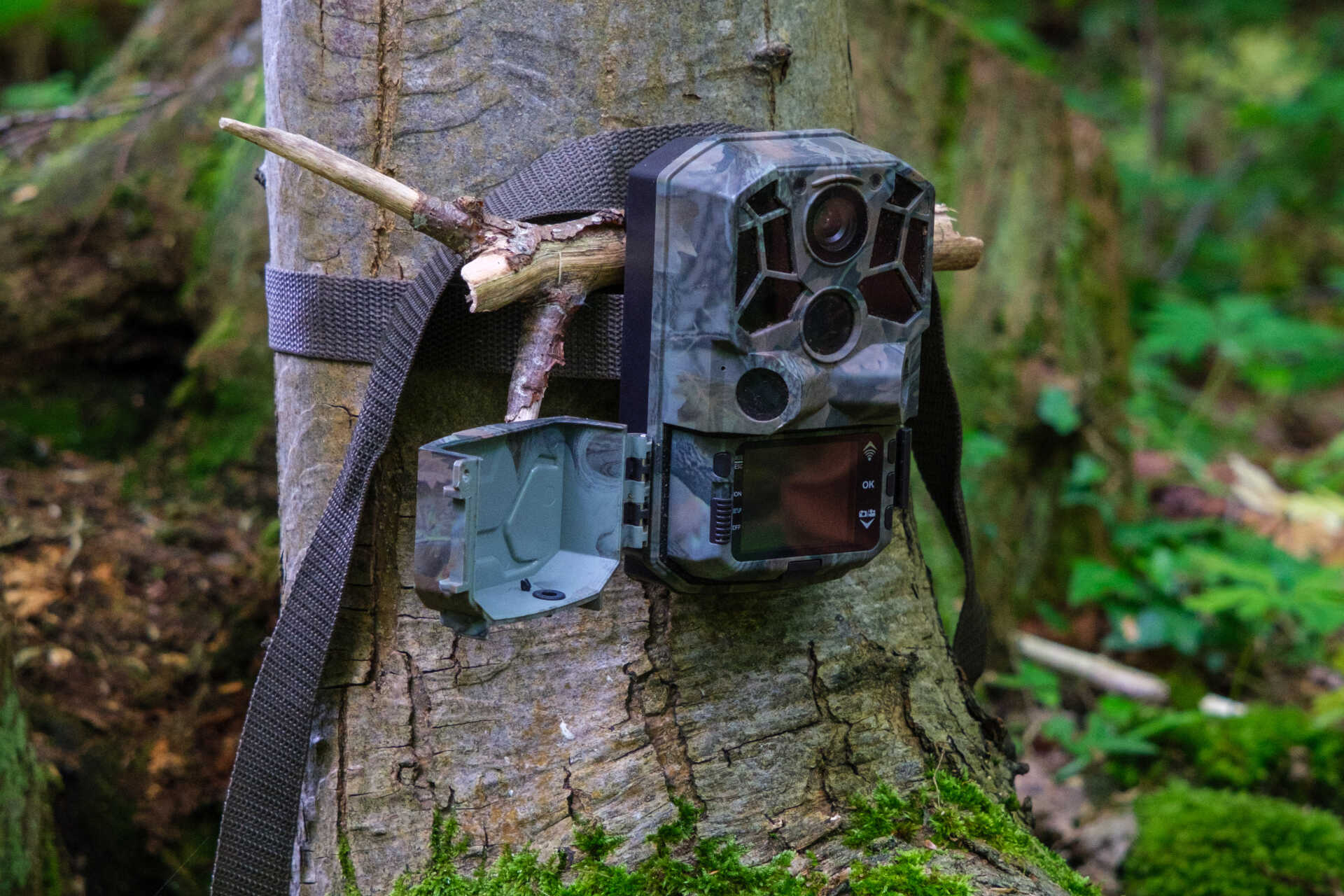
Trails around campus
FAQs
Got a question about habitat management on campus or anything related to our natural spaces and wildlife? See if it has been answered below first and if not, email us at sustainability@kent.ac.uk.
During the winter the Landscape and Grounds Team carry out rotational coppicing. You can read more about that in our blog. The practice of coppicing does not kill the tree, with the stumps regrowing. Coppicing supports the health of our woodlands, and by increasing the diversity of light levels across our woodlands we can increase the diversity of vegetation that is able to grow on our woodland floors.
The Landscape and Grounds team manage our grasslands in a variety of ways, including different frequencies of mowing. You can see our grassland management map in our strategy appendices. We take part in No Mow May each Spring, adding more and more amenity lawns (lawns that would traditionally be mown regularly) each year.
We have trialled a variety of different meadow seed mixes and methodologies and are putting together our plans for a wildflower meadow on the Southern Slopes.
We currently use glyphosate as a herbicide on the hardstanding areas of campus and around the sports facilities. We have a year-on-year reduction target that is monitored by the Biodiversity Working Group. We ultimately want to remove its use on this from campus, however, the Landscape and Grounds teams have trialled other methods of weed removal and these have not been successful or efficient enough.
We are removing the usage of this chemical from central campus as part of a two-year trial to see how weed growth responds, adapt out maintenance schedules and see what people's responses are to seeing more weeds around.
Ponds do naturally dry out and this can be a good thing for the health of a pond, as a way of eradicating disease or an invasive species. However, some of our ponds are drying out very regularly.
This is partly due to the changing climate, however, many of our ponds contain an artificial liner, these are now failing after decades in place. We are seeking funding to restore some of our amenity ponds which rely on liners to hold water. We would be looking to install natural clay liners rather than plastic.
Due to water conservation, we cannot fill ponds with potable water during dry spells.
We love to see students and staff using the natural spaces as a living laboratory!
Your research will likely need ethics approval through your School first. Once you have that, please get in touch with us at sustainability@kent.ac.uk as we can advise on logistics, security and safety of any equipment that needs to be left out as part of your research as well as advising on lone working policies, SafeZone and other relevant information. We can also liaise with Estates colleagues so that everyone that needs to know about your project has the right information.
We also have records of any existing information, research, survey results etc that may be of relevance to your area of study. You can view a list of these here.
Once you have completed your research, we would love if you could share your results with us, so we can learn more about the campus and use this to improve how we manage the natural spaces.
Yellow-legged (Asian) hornets are an invasive predatory species that has the potential to cause significant loss to our native bee species. If you think you have seen one on campus or beyond please report all possible sightings. Here's a website with guidance on how to report (Non Native Species Secretariat) as well as how to identify (YouTube video).
